Comprehensive Guide to Range Rover Parts Diagram
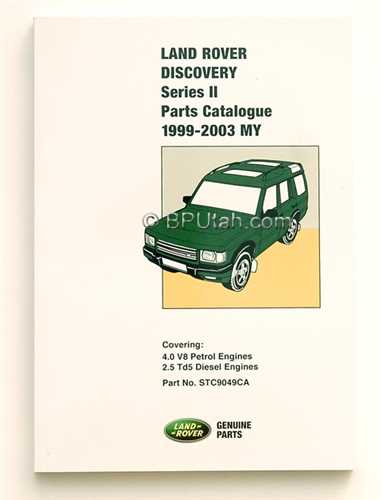
The intricate assembly of high-end vehicles reveals a complex interplay of various elements that contribute to their performance and aesthetics. Each section plays a vital role in ensuring the overall functionality and elegance of these automotive masterpieces. By delving into the specifics of these structures, one gains a clearer perspective on how they interact and support one another.
As enthusiasts and professionals seek to enhance or repair their sophisticated machines, a comprehensive understanding of the individual elements becomes essential. Visual representations can serve as invaluable tools, simplifying the identification and understanding of these critical components. By examining these schematics, one can better appreciate the engineering prowess that underlies the creation of such vehicles.
Whether you’re a seasoned mechanic or an eager owner, familiarizing yourself with the organization of these assemblies can greatly enhance your experience. Insight into how various systems operate in unison empowers individuals to make informed decisions regarding maintenance, upgrades, and repairs, ultimately leading to a more enjoyable driving experience.
Understanding Range Rover Parts Diagrams
Comprehending the components of a luxury vehicle is essential for effective maintenance and repair. Visual representations can simplify this process, allowing enthusiasts and mechanics alike to identify various elements and their functions. By exploring these illustrations, one can enhance their knowledge and improve vehicle performance.
Importance of Component Visualization
Visual aids serve as crucial tools for understanding intricate systems within a vehicle. They provide clarity and facilitate better communication between owners and service professionals. Grasping the layout and connectivity of each element can significantly impact repair efficiency and accuracy.
Common Components in Illustrations
| Component | Function |
|---|---|
| Engine Assembly | Power generation and performance control |
| Transmission | Power transfer to wheels |
| Suspension System | Stability and ride comfort |
| Braking System | Safety and control during operation |
| Electrical Components | Control systems and accessories |
Importance of Vehicle Parts Identification
Recognizing individual components of an automobile is crucial for ensuring optimal performance and longevity. Each element plays a specific role, contributing to the overall functionality and safety of the vehicle. Accurate identification enables owners and technicians to address issues efficiently, maintain proper care, and make informed decisions regarding repairs and replacements.
Furthermore, understanding the various elements facilitates smoother communication with service professionals. When vehicle owners can accurately describe concerns or ask about specific components, it enhances the diagnostic process, leading to quicker resolutions. This knowledge empowers users to be proactive, rather than reactive, in their approach to maintenance and repairs.
In addition, familiarity with automobile components aids in the selection of quality replacements. Knowing the exact specifications and compatibility of each item helps prevent mistakes that can lead to further complications. In essence, a thorough comprehension of the vehicle’s makeup is an invaluable asset for anyone looking to ensure reliability and efficiency on the road.
Common Components in Range Rover Models
Understanding the essential elements of luxury vehicles can greatly enhance maintenance and repair efforts. Various models share numerous critical features that contribute to performance and comfort. Familiarity with these components helps enthusiasts and owners alike appreciate the engineering behind these sophisticated machines.
Chassis forms the backbone of the vehicle, providing structural integrity and stability. It supports the weight of the car and absorbs shocks from the road.
Suspension systems ensure a smooth ride by managing the interaction between the wheels and the road surface. Advanced technology often results in improved handling and comfort.
Drivetrain components, including the transmission and differential, are crucial for power delivery from the engine to the wheels, affecting acceleration and overall driving dynamics.
Interior features such as seating and dashboard layouts enhance user experience, making long journeys enjoyable with ergonomic design and high-quality materials.
Finally, electrical systems integrate modern technology, controlling everything from navigation to safety features, showcasing the blend of luxury and functionality in these vehicles.
How to Read a Parts Diagram
Understanding an illustration of vehicle components is essential for effective maintenance and repair. This guide will help you interpret the visual representation to ensure accurate identification and functionality of each element.
Follow these steps to master the interpretation:
- Familiarize with Symbols: Each component is represented by specific symbols. Take time to learn what each signifies.
- Identify Groupings: Components are often grouped based on their function. Recognizing these clusters can aid in understanding how they interact.
- Check Numbering: Numbers next to each part typically refer to a reference list. Ensure you cross-check these for detailed descriptions.
- Look for Connections: Lines or arrows indicate how parts are connected or how they interact. Pay attention to these to understand the assembly better.
By following these guidelines, you will ultimately enhance your ability to navigate through complex illustrations and perform necessary tasks with confidence.
Benefits of Using Diagrams for Repairs
Visual representations serve as essential tools in the maintenance and repair processes, enhancing understanding and efficiency. By providing a clear view of components and their relationships, these illustrations facilitate accurate troubleshooting and assembly.
Improved Clarity
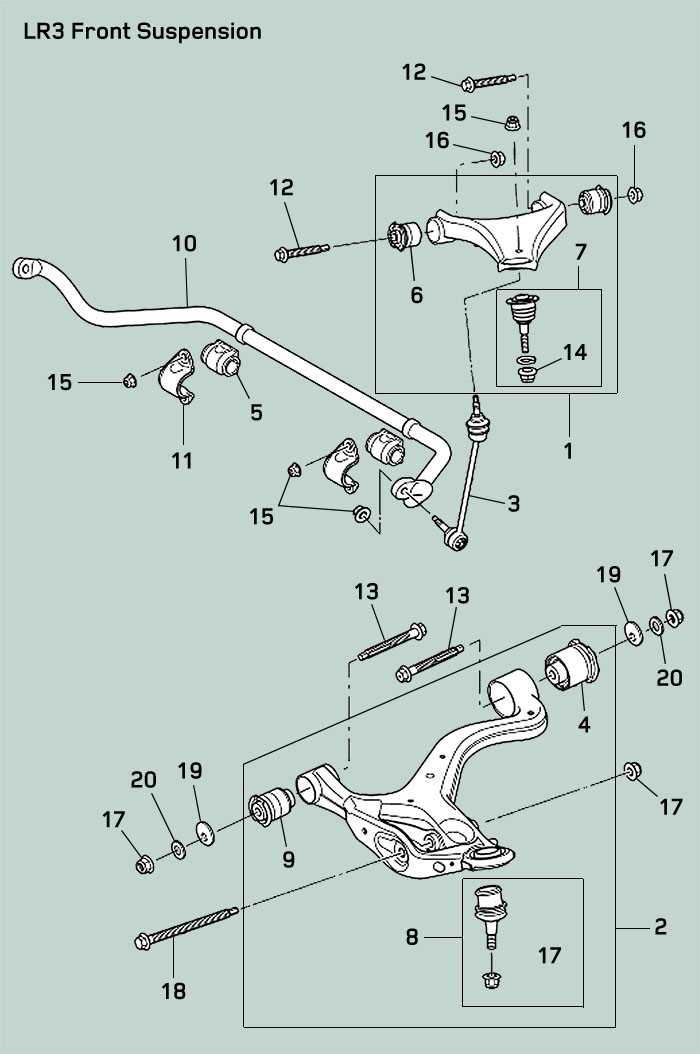
- Simplifies complex information.
- Enhances spatial awareness of components.
- Reduces the likelihood of errors during repairs.
Time Efficiency
- Speeds up the identification of issues.
- Minimizes the need for trial and error.
- Enables quicker reassembly after maintenance.
Sources for Accurate Parts Information
When seeking reliable information on components for luxury vehicles, it’s essential to consult trustworthy resources. Accurate data ensures that you can make informed decisions about maintenance, repairs, and upgrades. Here are several key sources to consider when gathering information about vehicle components.
Official Manufacturer Resources
- Manufacturer’s Website: The official site often provides detailed specifications, manuals, and support.
- Authorized Dealers: These outlets can offer insights into specific requirements and compatibility.
- Service Bulletins: Manufacturers release bulletins addressing common issues and updates relevant to components.
Online Communities and Forums
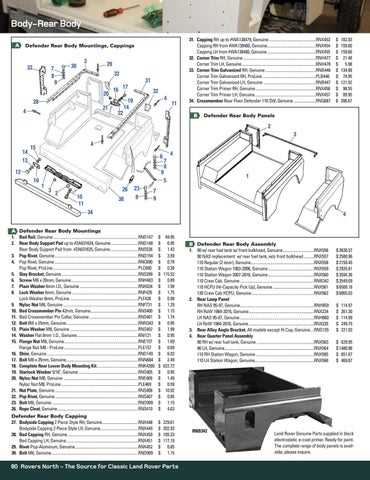
- Specialized Forums: Enthusiast communities frequently share firsthand experiences and recommendations.
- Social Media Groups: Many groups focus on specific brands, facilitating discussions about component information.
- Review Platforms: Users often post reviews and feedback on components, providing valuable perspectives.
Utilizing a combination of these resources can significantly enhance your understanding of the components you need, ensuring you source the right information effectively.
Comparing Different Range Rover Models
This section delves into the distinctions among various luxury SUVs, highlighting their unique features, performance capabilities, and design elements. By examining these attributes, potential buyers can make informed decisions based on their preferences and needs.
| Model | Engine Type | Horsepower | Fuel Efficiency (mpg) | Seating Capacity |
|---|---|---|---|---|
| Model A | V6 | 340 | 21/28 | 5 |
| Model B | V8 | 525 | 17/23 | 5 |
| Model C | Hybrid | 398 | 25/30 | 5 |
| Model D | Diesel | 254 | 30/40 | 7 |
Each of these vehicles offers distinct advantages, catering to different lifestyles and driving preferences. Whether one seeks power, efficiency, or space, understanding these variations is crucial in selecting the right model.
Tips for Finding Replacement Parts
Locating suitable components for your vehicle can be a daunting task. It’s essential to approach this process methodically to ensure compatibility and quality. Here are some effective strategies to help you in your search.
Research and Verification
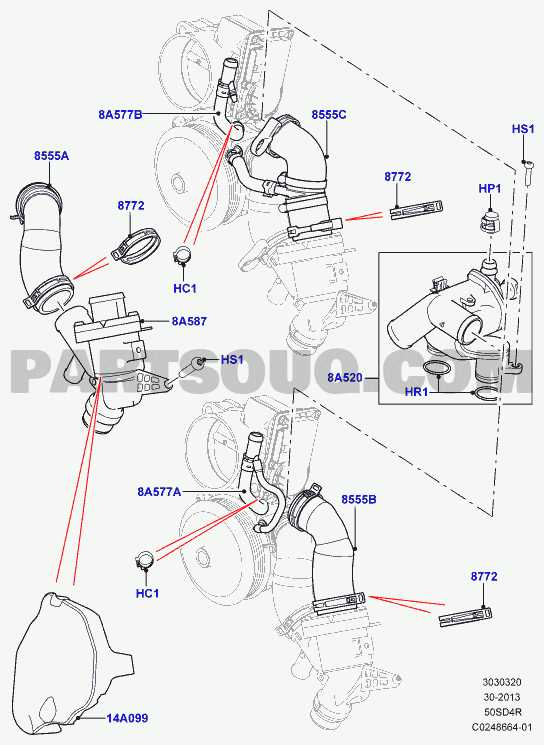
Start by gathering information about the specific component you need. Check manufacturer specifications and compatibility guides to avoid mismatches.
Where to Buy
Consider multiple sources for purchasing components, including authorized dealerships, reputable online retailers, and local auto parts stores. Comparing prices and quality is crucial.
| Source | Advantages |
|---|---|
| Authorized Dealerships | Guaranteed quality and exact fit |
| Online Retailers | Convenience and often lower prices |
| Local Auto Parts Stores | Immediate availability and expert advice |
Maintenance Tips for Range Rover Owners
Proper upkeep is essential for ensuring the longevity and performance of your luxury vehicle. Regular attention to various components not only enhances driving experience but also prevents costly repairs in the future. Here are some key recommendations to keep your automobile in top shape.
Regular Checks and Inspections
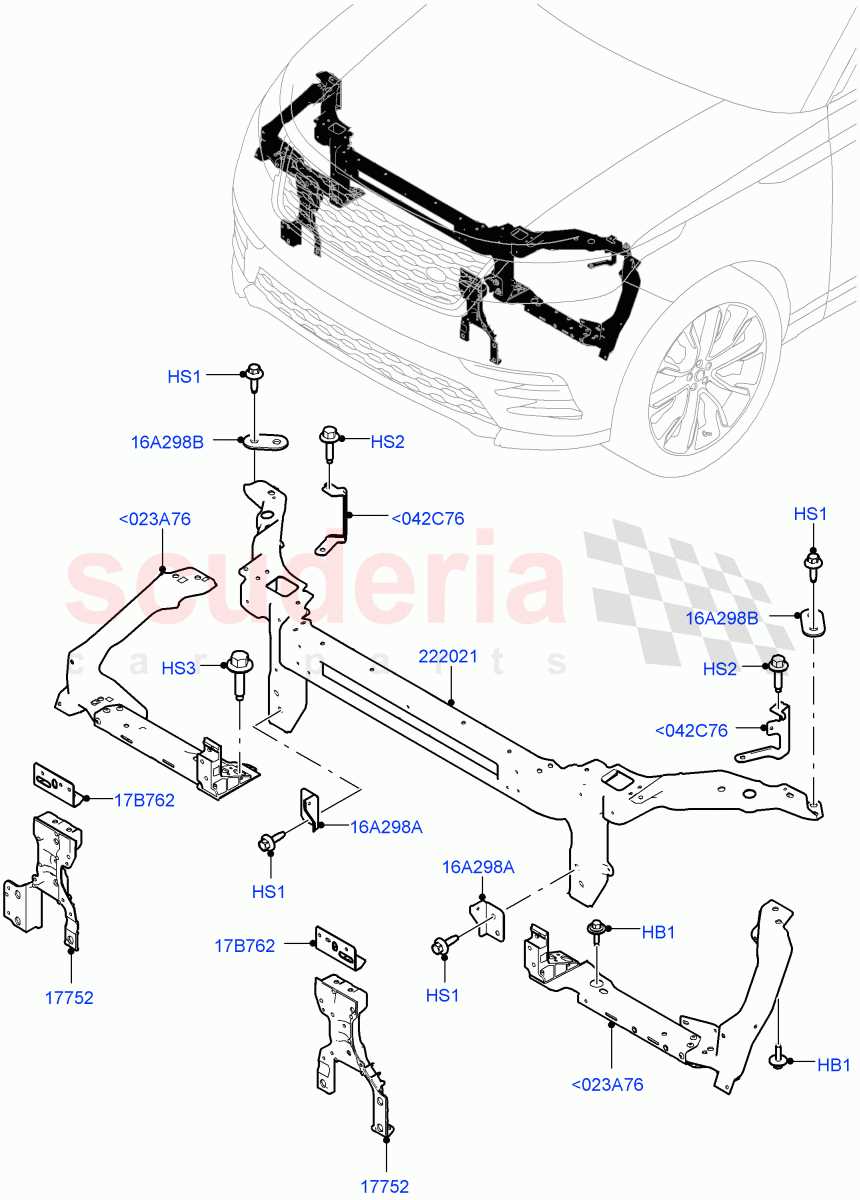
Conducting routine inspections is crucial. Focus on fluid levels, including oil, coolant, and brake fluid. Ensuring that these are at optimal levels helps maintain engine efficiency and safety. Examine tire condition frequently; proper inflation and tread depth are vital for both performance and fuel economy.
Scheduled Maintenance Services
Adhere to the manufacturer’s recommended service intervals for comprehensive maintenance. This includes oil changes, filter replacements, and brake inspections. Investing in professional servicing guarantees that all aspects of the vehicle receive expert attention, significantly reducing the risk of breakdowns.
Online Resources for Parts Diagrams
Accessing comprehensive resources for component illustrations is essential for anyone engaged in vehicle maintenance and repair. The availability of reliable online platforms enables enthusiasts and professionals alike to locate detailed visuals and specifications, facilitating informed decision-making during servicing tasks. Various websites and tools cater to diverse needs, from user-friendly interfaces to extensive databases.
Official Manufacturer Websites
One of the most dependable sources for accurate component visuals is the official sites of automotive manufacturers. These platforms often provide detailed catalogs, including exploded views and specifications. Users can navigate through various models and years, ensuring they find the exact information needed for repairs or upgrades. Utilizing these resources not only guarantees authenticity but also keeps users updated on the latest product releases and updates.
Community Forums and Resource Hubs
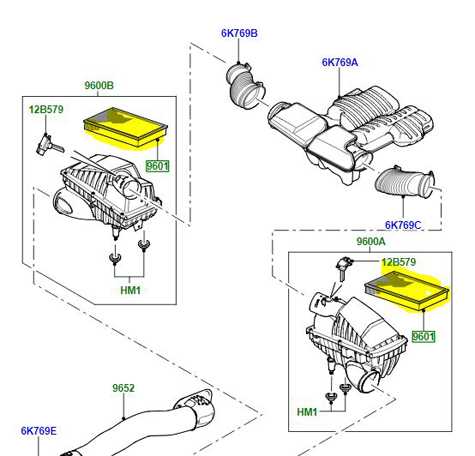
Online forums and dedicated resource hubs offer valuable insights and community support. Many enthusiasts share their knowledge, including links to helpful diagrams and tutorials. These platforms foster collaboration among users, allowing them to exchange information and experiences. Additionally, many sites feature user-generated content, which can be a goldmine for those seeking alternative solutions or uncommon parts.
How to Use OEM vs Aftermarket Parts
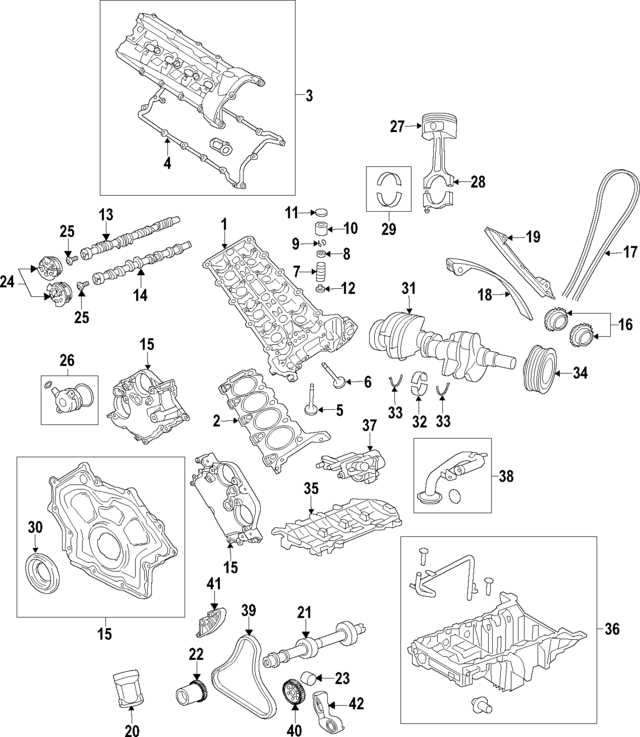
When maintaining or upgrading a vehicle, one of the key considerations is the choice between original manufacturer components and those produced by third-party suppliers. Each option presents distinct advantages and challenges that can impact performance, reliability, and cost-effectiveness.
Advantages of OEM Components
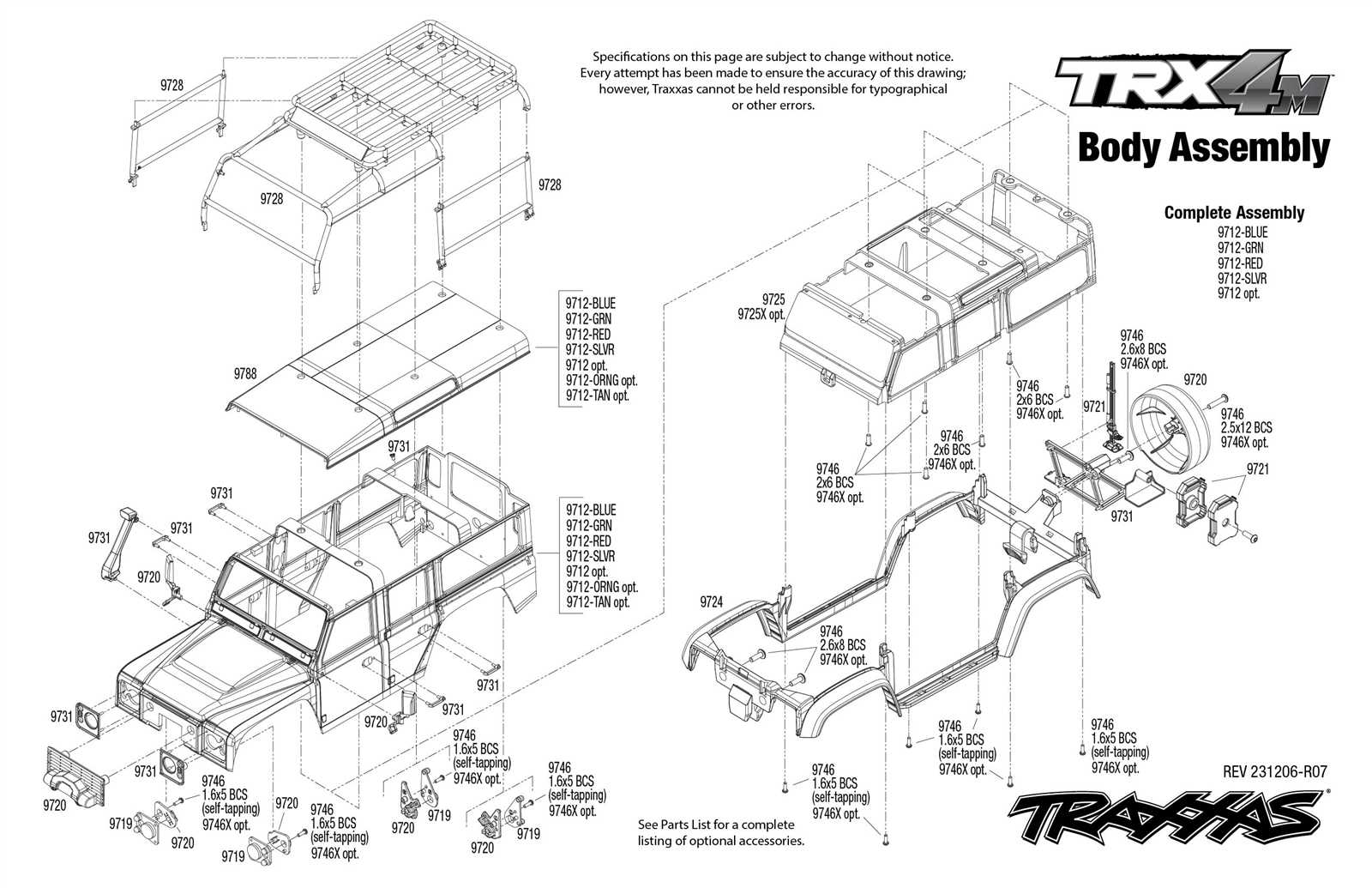
- Guaranteed compatibility with your vehicle’s specifications.
- Often come with a warranty, ensuring peace of mind.
- Manufactured to strict quality standards, promoting durability.
Benefits of Aftermarket Options
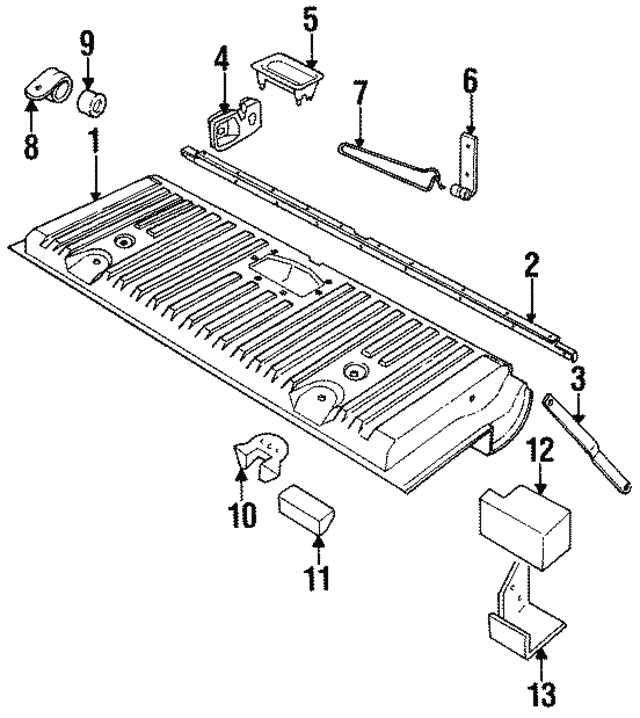
- Typically more affordable than original items.
- Greater variety in terms of features and styles.
- Some brands offer enhanced performance or custom modifications.
Choosing the right components involves assessing your priorities, whether it be budget constraints, performance enhancements, or ensuring long-term reliability. Making an informed decision can lead to a more satisfying experience in vehicle ownership.
Common Issues Identified by Diagrams
Visual representations of vehicle components can significantly aid in diagnosing frequent problems that may arise. By analyzing these illustrations, one can identify patterns of wear, common failures, and potential areas requiring attention. This section highlights some prevalent issues revealed through such schematics.
Frequent Problems
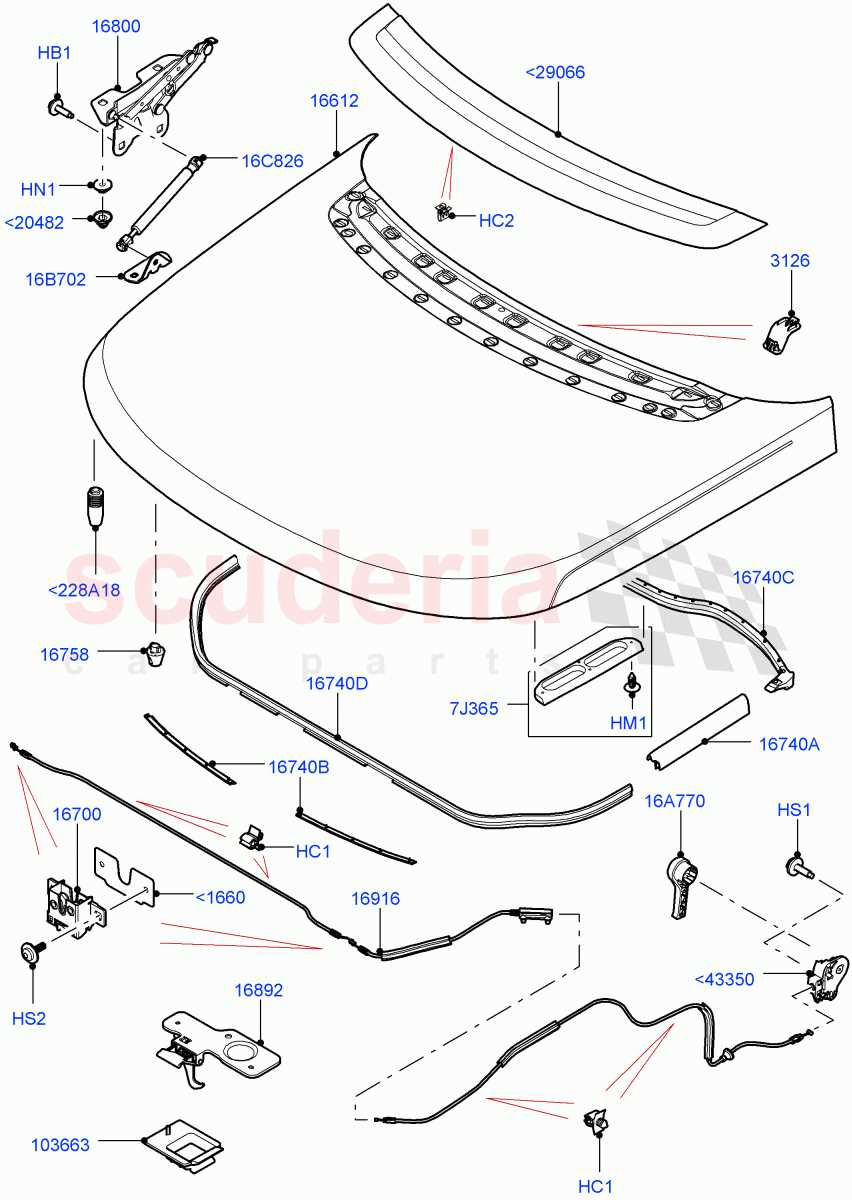
- Electrical Failures
- Battery Drain
- Faulty Wiring
- Malfunctioning Sensors
- Engine Overheating
- Coolant Leaks
- Faulty Thermostat
- Blocked Radiator
- Suspension Issues
- Worn Bushings
- Leaking Shock Absorbers
- Misaligned Wheels
Symptoms to Watch For
- Unusual Noises
- Knocking or Grinding Sounds
- High-pitched Whines
- Check Engine Light
- Oil Pressure Warning
- Decreased Fuel Efficiency
- Sluggish Acceleration
Utilizing these visual aids can enhance understanding of the vehicle’s inner workings and facilitate timely interventions, ultimately prolonging the lifespan of the automobile.